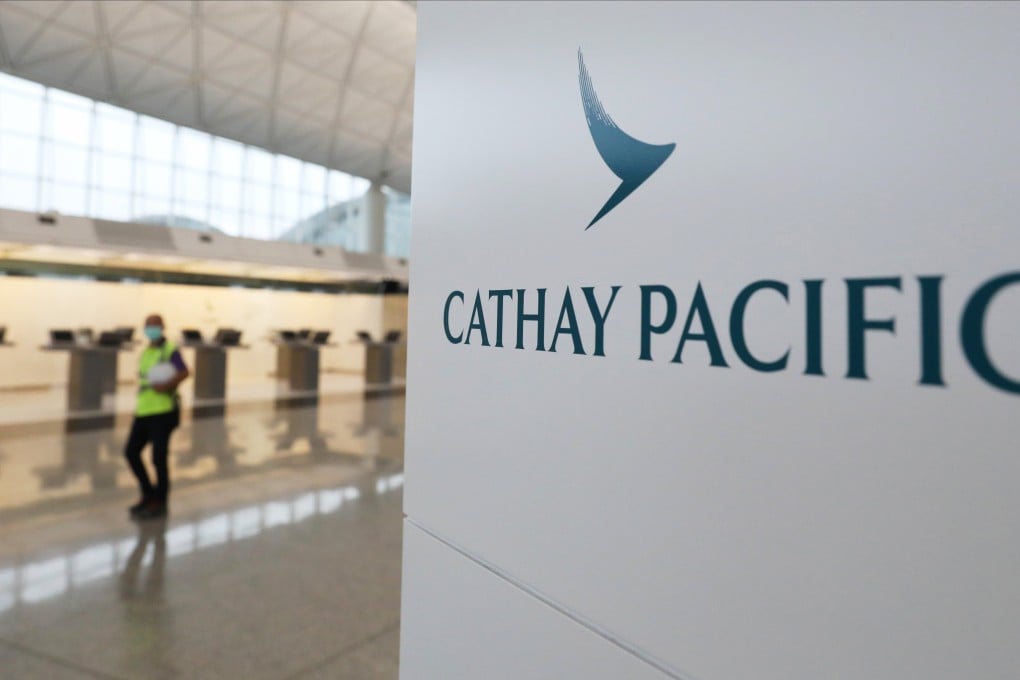Hong Kong’s Cathay Pacific upgrading cold storage to handle some 8.6 million doses of Covid-19 vaccines daily
- New facility at Hong Kong International Airport will add room for extra 1.6 million doses on top of current capacity
- City’s airport bosses say they facilitate hundreds of flights a week to China, Europe and the US, underscoring ability to play a role in transport of vaccines

Hong Kong International Airport will also play its part by giving vaccine-carrying planes preference in parking closest to freight terminals, allowing for the faster loading and unloading of consignments of the medicine, which would similarly be prioritised ahead of other cargo.
The new cold storage facility at the city’s airport will enable Cathay to ultimately handle enough of the vital drug to cover in a single day more than half of the vaccine doses already on order by the Hong Kong government, though many of the shots transiting through the city will be shipped to other countries, as the local roll-out is expected to be spread across 2021.

03:58
Poor countries said to be left behind in Covid-19 vaccine race as rich nations get first doses
“We have just expanded so [the cargo terminal] can handle an additional 500,000 doses,” the airline said on Friday. “That’s more than 7 million doses, and there will be more cold storage coming online soon. This new cold storage room will be able to handle a further 1.6 million doses.”